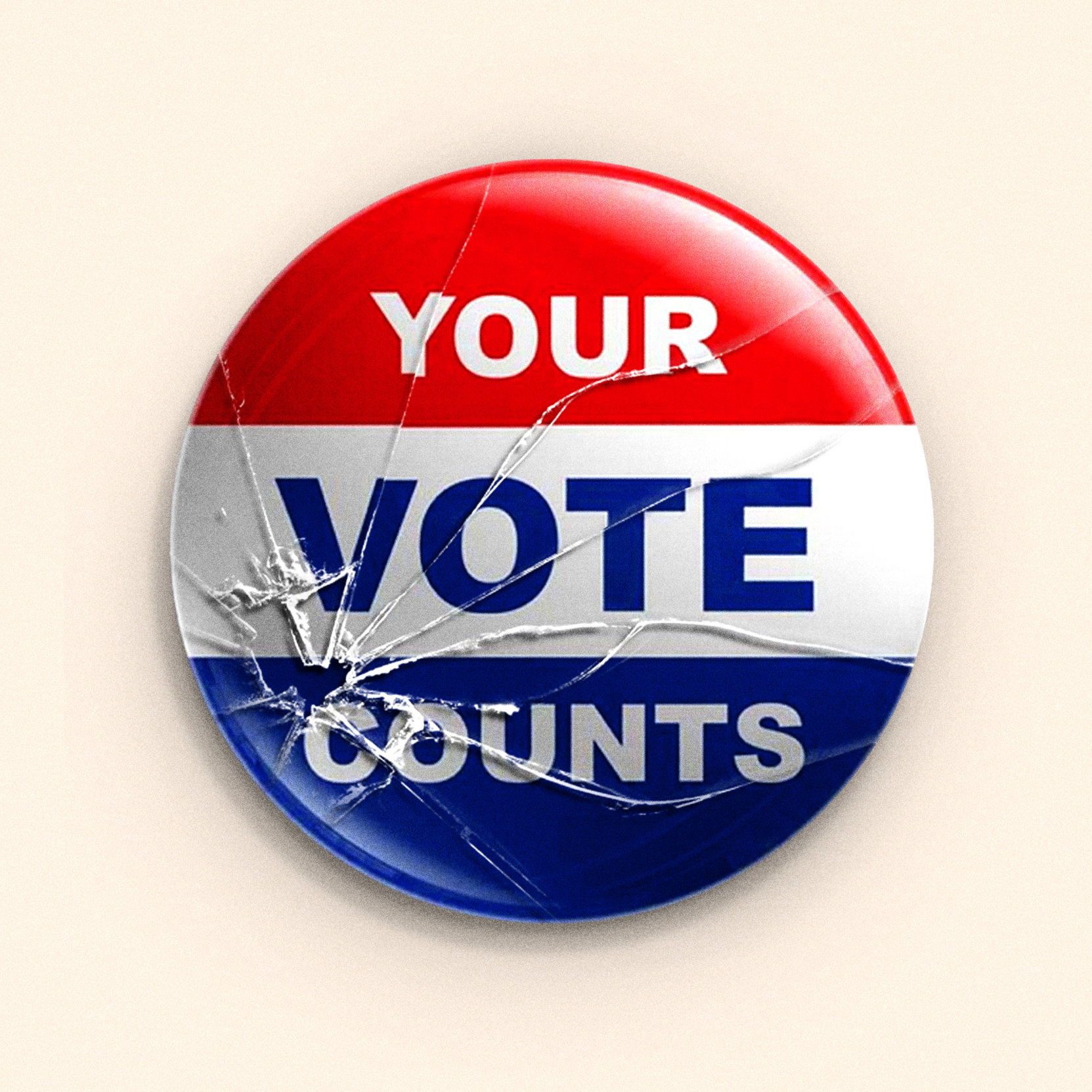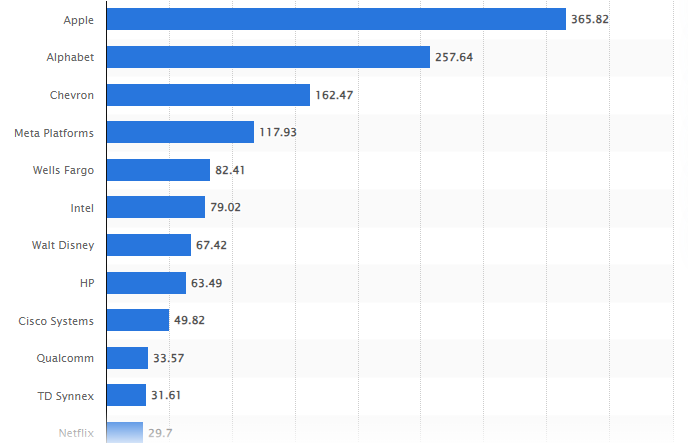The Electoral College

the group of presidential electors required by the Constitution to form every four years for the sole purpose of voting for the president and vice president. Each state appoints electors under the methods described by its legislature, equal in number to its congressional delegation (representatives and senators) totaling 535 electors.
This has precisely one effect: providing voters in states with small populations a considerable advantage in terms of political power over those in states with large populations. For example, in Wyoming, one electoral vote derives from each group of 193,000 citizens. In California, that number is 741,000, meaning that Wyoming voters are 3.8 times more powerful than Californians in determining the outcome of these elections.
What makes this important are the factors that go into making small states small and big states big. What we see when we examine this is that big states tend to have higher levels of education, productivity, and affluence. Thus, the electoral college skews U.S. voting in favor of the relatively uneducated, poor, and uninformed.
Does that sound like a good idea to anyone who honestly wants this nation governed and directed by intelligence? Shown in the chart below at the annual revenues, in billions of dollars, of the Golden States largest corporations. There is a reason that Apple, Google, Facebook, etc. are headquartered in California and not in Wyoming; these decisions were not made by rolling dice or flipping coins.
There is a push to abolish the electoral college, and, needless to say, I support it.

